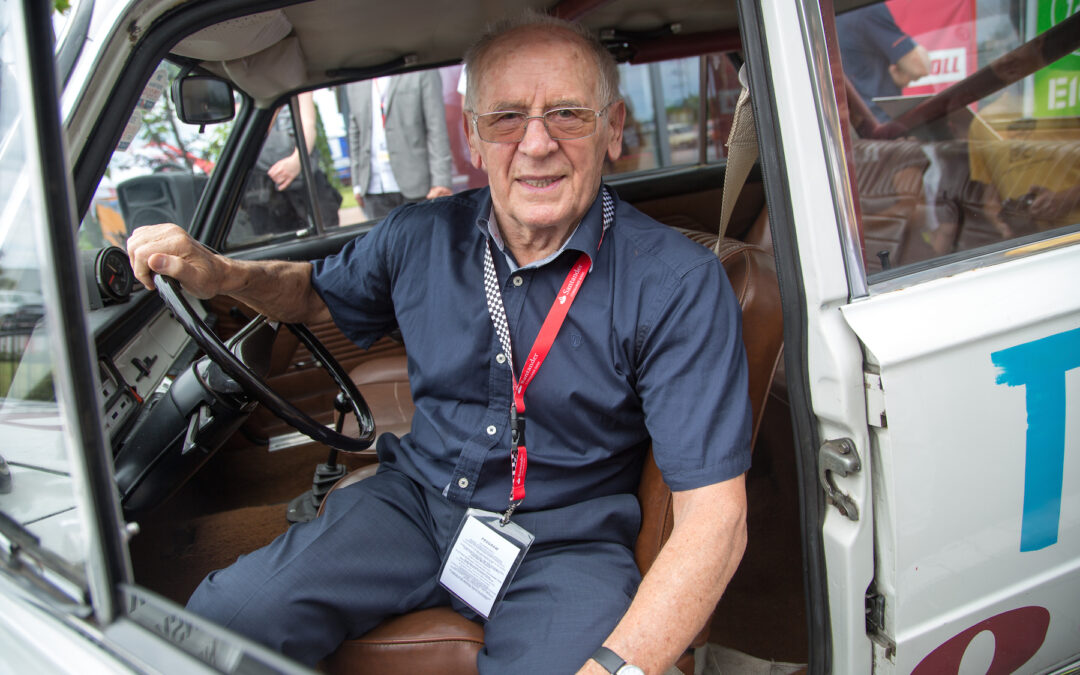Sobiesław Zasada has competed in the World Rally Championship at the age of 91, making him the oldest driver in the history of the motorsport competition. The record was previously held by Leif Vold-Johansen, who drove at the age of 82 in the 1994 Rally Monte-Carlo.
Zasada, who in his heyday won the European Rally Championship three times between 1966 and 1971, took part in the recent Safari Rally in Kenya. It was his first rally since 1997, when he finished in 12th place, alongside his wife Ewa.
However, the driver failed to finish the race due to collisions. According to his co-driver, Tomasz Borysławski, Zasada’s Ford Fiesta was hit by two other cars just two kilometres away from the finish line of the so-called Hell’s Gate 2 stage. “He was very unlucky,” said Borysławski.
Due to the resulting damage, their car was towed back to the rally base. “I had tears in my eyes,” added Borysławski, quoted by TVN24.
Before that unfished stage, Zasada and Borysławski had been in 25th place in the general classification, and third in the RC3 category. The race was won by Sebastien Ogier (Toyota Yaris WRC) from France.
Zasada himself said after the race: “Well, bad luck, but such things happen in rallies. Many cars in this section had very big problems. The ruts were so deep that we scrubbed the engine plate. [Carrying on] for long would not have been possible.”
Zasada, who was born in 1930 in Dąbrowa Górnica in southern Poland, enjoyed great success in the 1960s and 1970s, being named as Poland’s sports personality of the year in 1967. In 2000, he was awarded the the Commander’s Cross with Star, a high state honour, by President Aleksander Kwaśniewski.
Aside from his racing titles, Zasada ran a successful automotive business, spanning a repair shop in Kraków, two car factories and a number of automotive parts plants. In 1966, he launched the construction of Mercedes’ Vito mini-vans, which was the first licensed production granted by Mercedes-Benz in eastern Europe.
In his recent book, Samochód, rajd, przygoda (A car, a rally, an adventure), Zasada wrote that at that time Poland’s developing automotive industry could “not yet compete with countries such as Finland, Sweden, England or Italy”.
He noted that his “competitors start from a completely different level, from a different platform”, which makes things “easier” for them. “We have to wait a few more years before our factories are interested in gaining experience through sport,” he wrote.
Main image credit:

Maria Wilczek is deputy editor of Notes from Poland. She is a regular writer for The Times, The Economist and Al Jazeera English, and has also featured in Foreign Policy, Politico Europe, The Spectator and Gazeta Wyborcza.




















